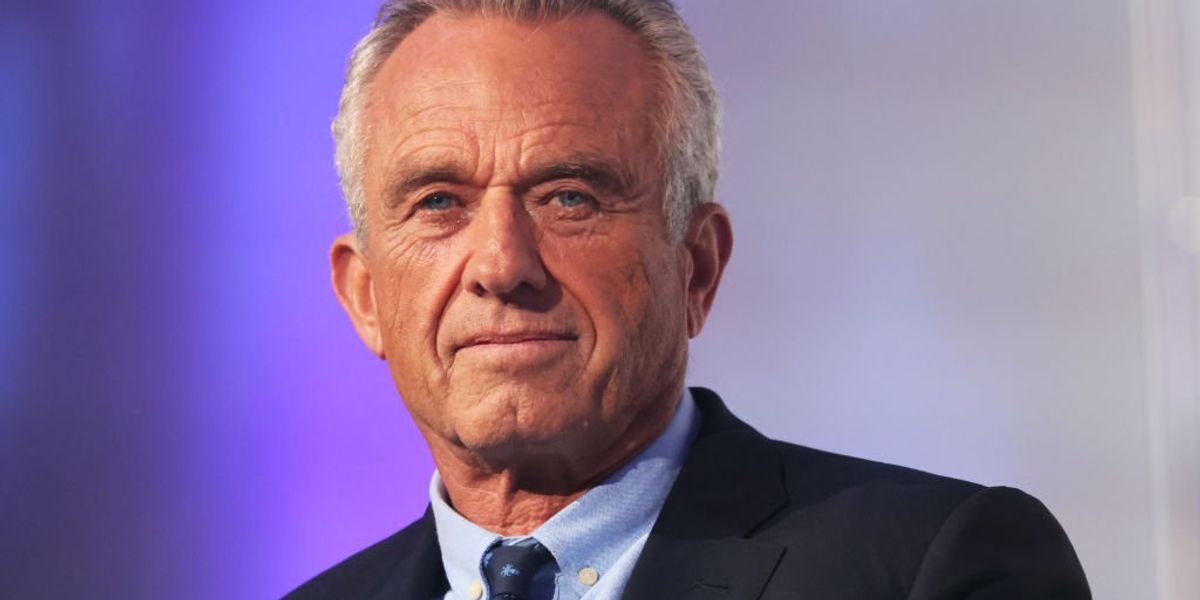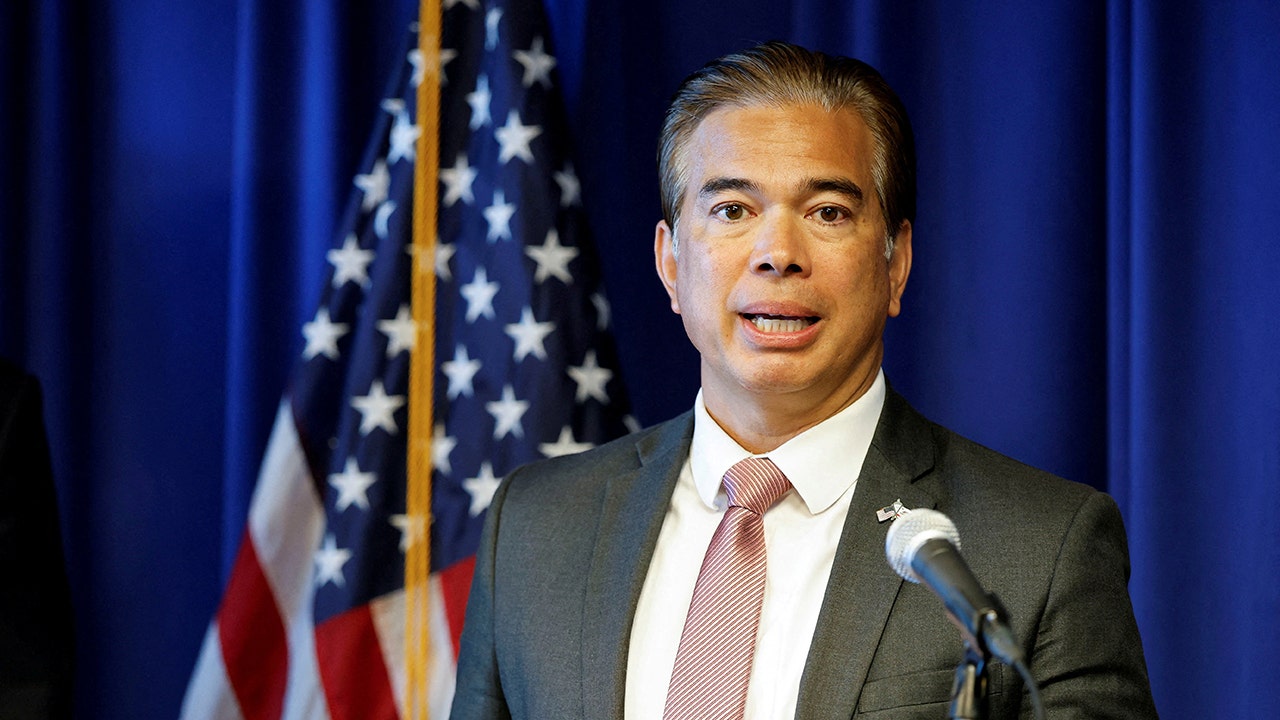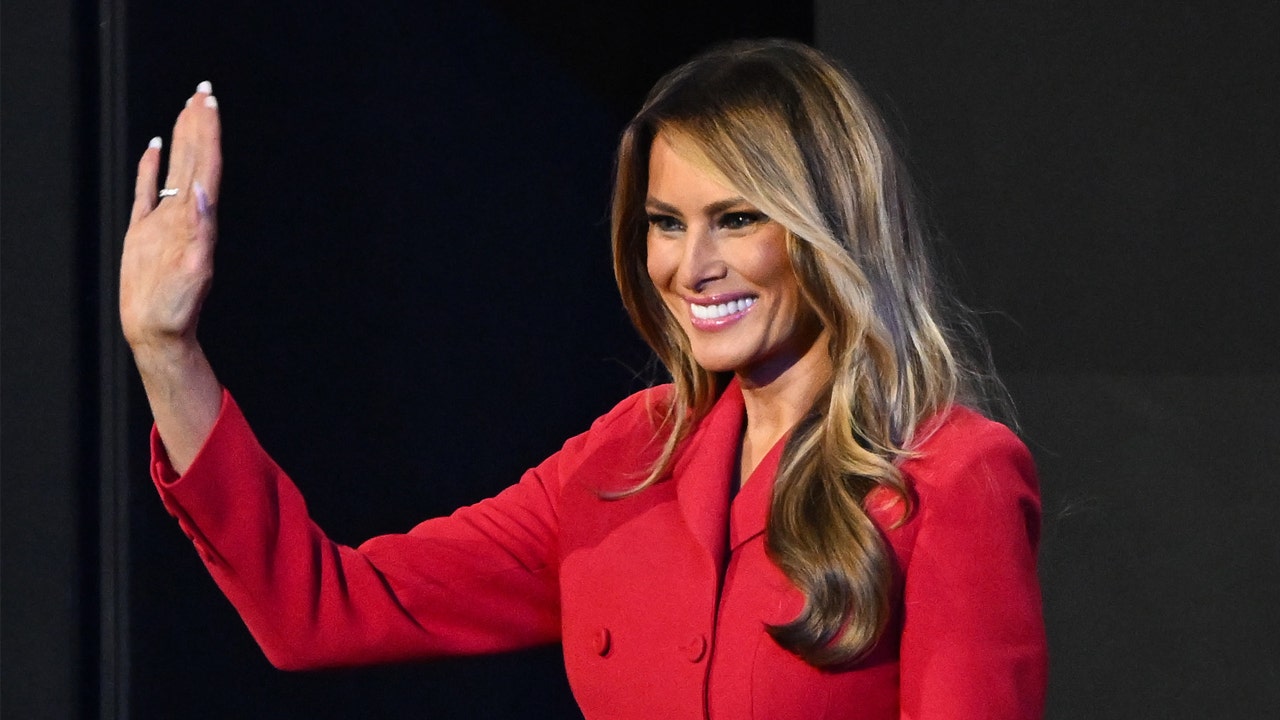President Donald Trump’s second-term judicial nominees share similar qualities with his first-term picks, though a limited number of vacancies mean his impact remains an open question.
Trump began this term with just 40 vacancies to fill, less than half of the open seats as he inherited starting in his first term. Confirming 234 judges to the federal bench, including three Supreme Court justices, is often considered by conservatives to be Trump’s greatest first-term accomplishment.
Now with 49 open seats, Trump has named 15 nominees and confirmed five, according to the Heritage Foundation’s Judicial Appointments Tracker. Confirmation hearings have been held for all but one nominee.
“I really do not see much difference between the caliber of nominees in Trump 1.0 and Trump 2.0,” South Texas College of Law Houston professor Josh Blackman told the DCNF.
The story of Trump’s second term is a “lack of judgeships” to fill, Michael A. Fragoso, who was the Senate Judiciary Committee’s chief counsel for nominations during Justice Amy Coney Barrett’s confirmation in 2020, wrote in an Aug. 20 piece for Public Discourse.
“There has never been a Senate that’s better positioned to confirm conservative judges, but not since the first Bush administration have there been so few seats to fill,” Fragoso wrote. (RELATED: Senate Confirms Trump’s First Judicial Pick To Replace Obama Appointee)
‘Political Edge’
Trump unloaded on Federalist Society founder Leonard Leo in May, calling him a “sleazebag” who “in his own way, probably hates America, and obviously has his own separate ambitions” in a Truth Social post.
Despite his split with the organization that was so influential in shaping his first-term picks, Trump’s latest nominees share similar qualities on paper with those he selected during his first term, though they may have more political experience and “boldness.”
Robert Luther III, a former White House lawyer who worked on judicial nominations during Trump’s first term, said he doesn’t see a significant difference in quality or background of the latest nominees. Trump’s recent “very young, very conservative” district court picks could have easily been recommended for nomination if they had come around before, he said.
“A lot of people have been asking how the judges are different, I would say, you ought to look to the senate to see how the senators are different,” he told the DCNF.
Republican Sens. Ashley Moody of Florida and Eric Schmitt of Missouri have allowed for an “even younger, more aggressive wave of judges” from their states, he said.
Joshua Divine, who was confirmed as a federal district judge for the Eastern District of Missouri in July, previously served as the state’s solicitor general, where he worked on a major case challenging the Biden administration’s pressuring of platforms to censor speech online.
“President Trump continues to select highly qualified judicial nominees who will uphold the rule of law and closely follow the Constitution,” White House spokeswoman Abigail Jackson told the Daily Caller News Foundation.
Meet the 4 outstanding Missourians Trump tapped as his FIRST judicial nominees: Josh Divine, Maria Lanahan, Zachary Bluestone & Cris Stevens
We’ve waited four long years for these judges. We WILL get them confirmed. And they will be a great credit to Missouri pic.twitter.com/OuC5mqAT1g
— Josh Hawley (@HawleyMO) June 4, 2025
Four other nominees were confirmed before Congress’ August recess: Emil Bove to the Third Circuit Court of Appeals and Whitney Downs Hermandorfer to the Sixth Circuit Court of Appeals, along with Zachary Bluestone and Cristian Stevens to judgeships in the Eastern District of Missouri.
The “current crop of Trump judges looks an awful lot like the last batch on paper, if in possession of a more political edge,” Fragoso wrote for Public Discourse.
“The real difference is that staggeringly, all of Trump’s picks have experience in what could be called Republican politics,” he wrote. “Whether it’s campaign work, committee service, state or federal political appointments, or even elected office, they have all spent time in the political fight.”
Luther cautioned against drawing conclusions too soon with such a small sample size, noting it’s easy to “over analyze” how much one person might be different or the same when there are fewer nominees to compare.
Blue Slip Battles
Trump has expressed frustration with the pace of confirmations, calling on Senate Judiciary Chair Chuck Grassley for maintaining blue slips, which allow home state senators to block candidates.
“I have a Constitutional Right to appoint Judges and U.S. Attorneys, but that RIGHT has been completely taken away from me in States that have just one Democrat United States Senator,” he wrote Aug. 24 on Truth Social. “Therefore, the only candidates that I can get confirmed for these most important positions are, believe it or not, Democrats! Chuck Grassley should allow strong Republican candidates to ascend to these very vital and powerful roles, and tell the Democrats, as they often tell us, to go to HELL!”
Grassley pointed out that any judge or U.S. attorney without a blue slip doesn’t have the votes to get confirmed or move out of committee.
“As chairman I set Pres Trump noms up for SUCCESS NOT FAILURE,” he wrote Aug. 25 on X.
Blue slips also allowed Republicans to keep 30 liberals off the bench during the Biden administration, Grassley wrote.
“I think if the blue slip was abolished, that may make it easier for Trump to confirm conservative district court nominees in blue states, but if the tables were turned, Democratic Presidents could confirm far-left district court nominees in red states,” Blackman told the DCNF. “I understand why Senators want to keep this prerogative.”
Luther doesn’t fault Grassley for not doing away with blue slips, which he believes “disproportionately hurt Republican presidents,” because there aren’t enough votes.
Some of the seats Trump inherited at the start of his term, including four North Carolina picks he announced nominees for Aug. 22, were open because Republican senators blocked Biden from filling them.
Republican North Carolina Sens. Thom Tillis and Ted Budd kept the seats open by declining to approve a Biden pick. Tillis announced his retirement in July after Trump attacked him for opposing the “big, beautiful bill.”
“President Trump is fulfilling his promise to the American people by putting forward bold and fearless judicial nominees,” Mike Davis, founder and president of the Article III Project, said in a statement after Trump announced the North Carolina nominees. “These four outstanding individuals demonstrate his strong commitment to upholding the rule of law and moving away from the era of radical judicial activism that has infected our courts.”
With fewer seats in play, some are calling on more judges to retire.
“I would encourage any conservative appellate judge who is eligible to retire or take senior status to do so because there are very impressive, hard-working people in the White House Counsel’s office that will ensure that a strong conservative judge succeeds them,” Luther said.
Chief Judge of the U.S. District Court in the Eastern District of Pennsylvania Mitchell Goldberg, a George. W. Bush appointee, most recently confirmed his retirement on Tuesday, opening up a seat when he leaves on Sept. 19.
U.S. District Judge David Godbey, a George W. Bush appointee in the Northern District of Texas, also notified the court Aug. 20 that he intends to take senior status in September, opening up another seat.
Pointing to Trump’s decision to nominate Bove, who was formerly his personal defense attorney and a high-level DOJ official during the first months of the administration, former federal prosecutor Brendan Ballou suggested in a recent Atlantic article that judges may delay retirement out of concern for who Trump will name in their place.
“Whether the White House wants to acknowledge it or not, the caliber of its early judicial nominations will affect the number of vacancies it gets to fill,” William & Mary Law School professor Jonathan Adler similarly wrote on X in May. “This is why the Bove nomination was a risky pick (even apart from the merits).”
Luther said it’s most likely that some judges just don’t want to retire.
“The majority of the Republican appointees who are eligible to retire were also eligible to retire during Trump’s first term,” he told the DCNF.
Blackman wrote in June that Justices Clarence Thomas and Samuel Alito likely “would not want someone like the three Trump appointees to replace them.”
“They would want someone who votes like them,” he wrote. “Bove would likely fill the mold.”
All content created by the Daily Caller News Foundation, an independent and nonpartisan newswire service, is available without charge to any legitimate news publisher that can provide a large audience. All republished articles must include our logo, our reporter’s byline and their DCNF affiliation. For any questions about our guidelines or partnering with us, please contact [email protected].
Read the full article here









![Stephanopoulos Tries to Defend Don Lemon Storming a Church, Blanche Destroys Him in Seconds [WATCH] Stephanopoulos Tries to Defend Don Lemon Storming a Church, Blanche Destroys Him in Seconds [WATCH]](https://www.lifezette.com/wp-content/uploads/2025/08/2025.08.06-01.51-lifezette-68935dc5d7971.jpg)

![Obama Is Big Mad That ICE Is Enforcing the Same Laws He Bragged About Enforcing [WATCH] Obama Is Big Mad That ICE Is Enforcing the Same Laws He Bragged About Enforcing [WATCH]](https://www.lifezette.com/wp-content/uploads/2024/10/2024.10.17-02.54-lifezette-67112518c09bc.jpg)